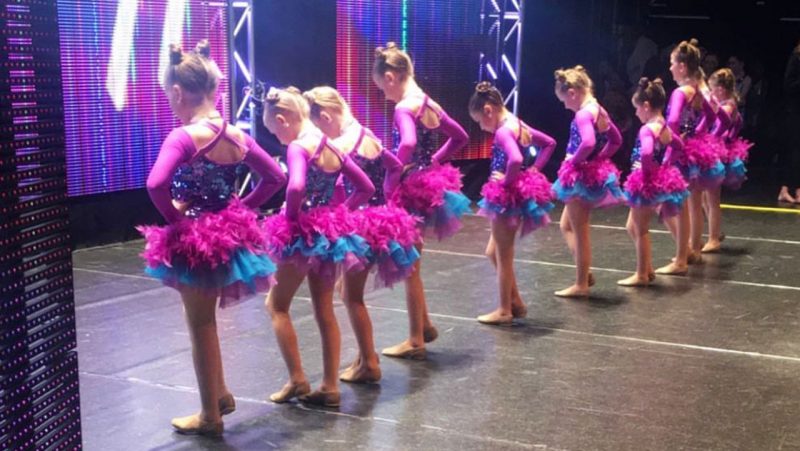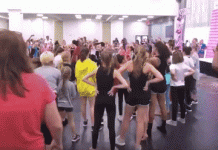 Dance education for preschoolers has many benefits. It not only exercises the whole body, but also the mind. It not only benefits the muscles, it creates a love for dance that develops into a lifetime desire for being fit.
Dance education for preschoolers has many benefits. It not only exercises the whole body, but also the mind. It not only benefits the muscles, it creates a love for dance that develops into a lifetime desire for being fit.
If you have the insight and energy to get your preschool age children to love learning dance, you have taken the first step in establishing a core of students who will be with you for years to come.
One of the first major mistakes a studio owner can make is to allow student teachers to conduct classes for little dancers. This can signal to parents that the preschool age dancers aren’t worthy of or don’t need your expertise. Children need mature role models who have significant dance backgrounds, not inexperienced teenagers interning at your studio no matter how talented they may be. Preschooler age is when you cultivate an early love of dance, and that is a major responsibility.
Preschool Musts
- Don’t allow parent observations. Parents can be a big distraction for tiny dancers who are learning to focus in class.
- Learn their names quickly. Calling children by their names makes them feel important.
- Be flexible and intuitive enough to know when something isn’t working and be ready to change it.
- Strive to make each child feel important and special.
- Break down skills to the minutest parts.
- Empathy is your greatest asset when dealing with parents.
- Be a good listener – even to random stories about their friends and pets. This can help you pick up on their fears and adjust to them.
- Be warm and affectionate – love the children in class through actions and expressions.
- Be a sharp observer – watch for the safety of the students.
- Be an actor! Entertain, but keep the group disciplined.
- Be receptive to training. You have to believe in the program you teach.
- Be professional in your appearance. Make the children proud and give them a nice image to admire.
- Be authoritative but patient. Keep the children in line, but make sure that you maintain a caring and understanding attitude.
- Maintain a high energy level always. If you seem bored, they will get bored.
- Be enthusiastic and extroverted to keep the class fun.
Keeping Their Attention
This approach to preschool teaching keeps the children’s attention spans in mind. If children are attentive, you can teach, but if not, you can waste half of your class time just trying to keep them quiet. Keep everything moving. This means having your music ready to go so you don’t have to walk back and forth between the speakers – even this can give them enough time to lose interest. Just put the music on and go with it.













